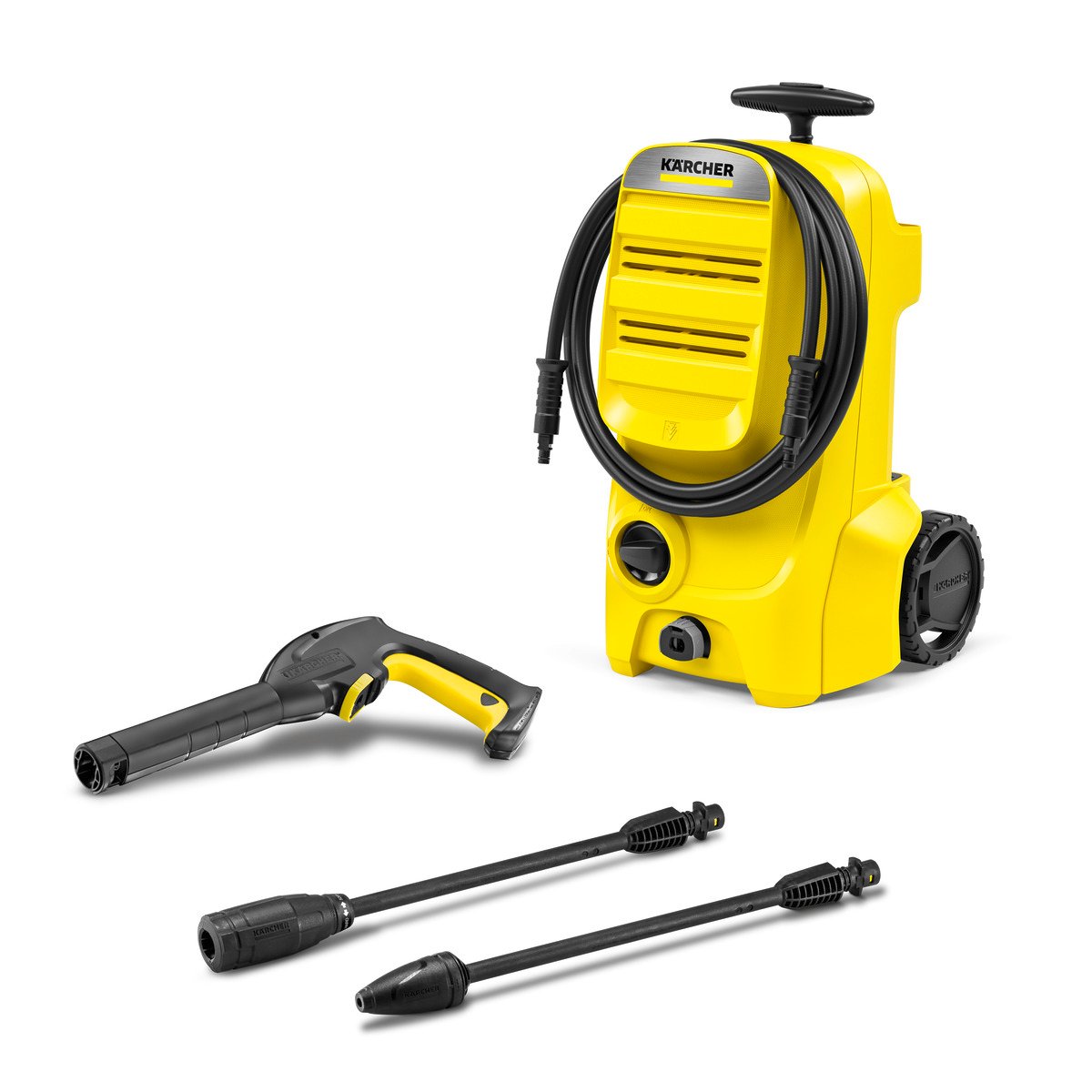Addiction is a complex disease that affects millions of individuals and their families. In New York City, a vibrant metropolis known for its diverse population, the availability of top-notch addiction treatment options is critical. The journey to recovery can be daunting, but with the right support and treatment, individuals can reclaim their lives. This blog will explore the top treatments for addiction in NYC, highlighting the role of addiction psychiatrists and the various therapeutic approaches available.
Understanding Addiction Treatment
Addiction treatment is not a one-size-fits-all process. It involves a range of services tailored to meet the unique needs of each individual. In New York City, addiction psychiatrists play a crucial role in diagnosing and treating substance use disorders. An addiction psychiatrist NYC specializes in understanding the psychological aspects of addiction, providing a comprehensive approach that includes medication management, therapy, and support.
1. Detoxification
The first step in most addiction treatment programs is detoxification, or detox. This process helps individuals safely withdraw from substances under medical supervision. In NYC, detox facilities are equipped to manage withdrawal symptoms and provide 24/7 care. Detoxification is essential as it prepares individuals for the next stages of treatment. The presence of an NYC psychiatrist addiction specialist during this phase can help mitigate psychological distress and ensure a smoother transition.
2. Inpatient Rehabilitation
Inpatient rehabilitation programs offer intensive treatment in a structured environment. These programs typically last from a few weeks to several months and provide around-the-clock care. Inpatient facilities in NYC often incorporate evidence-based therapies, including cognitive-behavioral therapy (CBT) and motivational interviewing. Patients benefit from a supportive community, which can significantly enhance their recovery experience. Access to an addiction psychiatrist during inpatient treatment ensures that psychiatric needs are met and psychological therapies are integrated into the recovery plan.
3. Outpatient Rehabilitation
For some individuals, outpatient rehabilitation may be a more suitable option. These programs allow individuals to live at home while attending therapy sessions regularly. Outpatient treatment can vary in intensity, with some programs requiring daily attendance and others offering a few sessions per week. This flexibility is ideal for those who have responsibilities such as work or family commitments. An addiction psychiatrist in NYC can provide ongoing support through medication management and therapy, helping individuals navigate their recovery journey while maintaining their daily lives.
4. Therapeutic Approaches
A variety of therapeutic approaches are employed in addiction treatment in NYC, each addressing different aspects of recovery:
- Cognitive-Behavioral Therapy (CBT): This therapy helps individuals identify and change negative thought patterns and behaviors associated with addiction. CBT has proven effective in treating various substance use disorders.
- Dialectical Behavior Therapy (DBT): Originally designed for borderline personality disorder, DBT is also beneficial for those with addiction issues. It focuses on emotional regulation and interpersonal effectiveness.
- Motivational Interviewing: This client-centered approach enhances an individual’s motivation to change by exploring and resolving ambivalence towards recovery.
- Group Therapy: Group sessions provide a supportive environment where individuals can share their experiences, learn from others, and foster a sense of community. The collective wisdom of the group can be incredibly motivating.
5. Medication-Assisted Treatment (MAT)
Medication-Assisted Treatment (MAT) combines behavioral therapy with medications to treat substance use disorders. MAT is particularly effective for opioid and alcohol addictions. Common medications include methadone, buprenorphine, and naltrexone, which help manage cravings and withdrawal symptoms. The integration of MAT within treatment programs in NYC allows for a holistic approach, addressing both the physiological and psychological aspects of addiction.
6. Aftercare and Support Groups
Recovery doesn’t end once treatment is completed. Ongoing support is crucial for maintaining sobriety. Aftercare programs, which may include continued therapy, support groups, and sober living arrangements, play a vital role in preventing relapse. In NYC, various support groups such as Alcoholics Anonymous (AA) and Narcotics Anonymous (NA) provide a platform for individuals to connect with others in recovery. The guidance of an NYC psychiatrist addiction specialist during this phase can help individuals navigate challenges and reinforce their commitment to sobriety.
Conclusion
The battle against addiction is challenging, but New York City offers a wealth of resources and treatment options. From detoxification to inpatient and outpatient rehabilitation, the array of services available caters to different needs and preferences. The role of addiction psychiatrists in NYC is indispensable, providing the expertise and support necessary for successful recovery.
If you or a loved one is struggling with addiction, seeking help from an addiction psychiatrist in NYC can be the first step towards healing. Remember, recovery is a journey, and with the right treatment, it is possible to overcome addiction and lead a fulfilling life.
More to Read: https://techners.net/






Leave a Reply